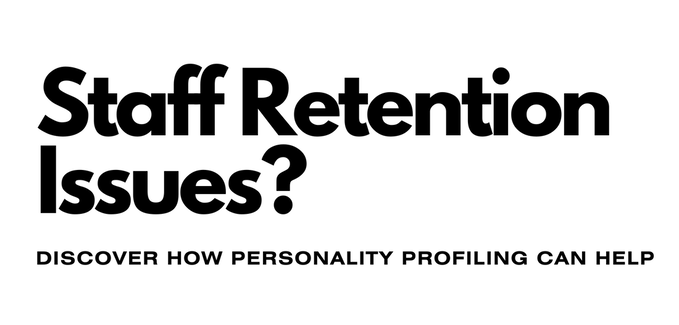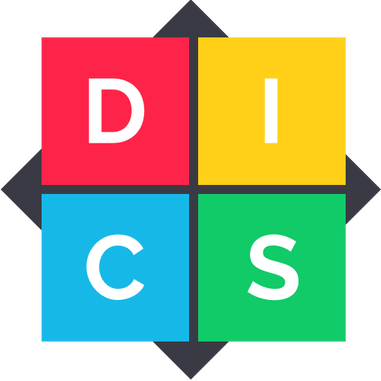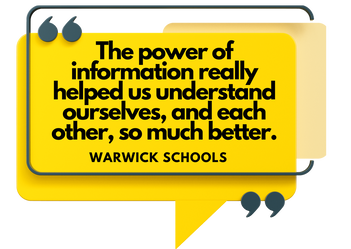HOW CAN YOU INCREASE STAFF ENGAGEMENT?
|
WHAT THE FINDINGS SUGGEST
A key to retaining employees is to increase their engagement in the workplace.
In their report "Engaging For Success," MacLeod and Clarke reveal that an engaged team are 87% less likely to leave their organisation. |
HOW CAN DISC HELP?
DISC personality profiling is a tool used to identify employees' communication styles and roles in the workplace. The insight that it provides allows leaders to foster a better working environment by focusing on ways to successfully communicate and collaborate, creating a more effective and efficient working environment.
DISC can aid teachers’ understanding of their strengths and weakness when performing common tasks and empowers them to creatively problem solve, whilst building a stronger, more positive, learning environment for students.
With understanding comes opportunities to develop and grow. By allowing teachers to understand themselves through DISC personality profiling; to identify their traits, they will better be able to adjust their behaviours to accommodate their peers and differentiate their delivery styles which could positively impact the progress in the classroom.
DISC can aid teachers’ understanding of their strengths and weakness when performing common tasks and empowers them to creatively problem solve, whilst building a stronger, more positive, learning environment for students.
With understanding comes opportunities to develop and grow. By allowing teachers to understand themselves through DISC personality profiling; to identify their traits, they will better be able to adjust their behaviours to accommodate their peers and differentiate their delivery styles which could positively impact the progress in the classroom.
WHAT IS DISC?
|
DISC is a personality assessment tool used by more than one million people every year to help improve engagement, teamwork, communication, and productivity in the workplace. All of which are key to recruiting and retaining staff.
THE SCIENCE BEHIND DISC
The founding theory of DISC was first described by William Moulton Marston (1928). Marston identified four “primary emotions” and associated behavioral responses. Since Marston, many instruments have been developed to measure these personality traits. One of these instruments is DISC.
Note that none of the DISC personality traits are inherently positive or negative. |
THE DISC PERSONALITY STYLES
|
D-DOMINANCE
Strong D personality types are typically results orientated, confident, direct and outspoken. I-INFLUENCE Strong I personality types are typically enthusiastic, influential, persuasive and optimistic. S-STEADINESS Strong S personality types are typically understanding, cooperative, sincere, loyal and dependable. C-COMPLIANCE Strong C personality types are typically detail orientated, analytical, precise, methodical and objective |
THE BENEFITS OF DISC
- Employees will better understand their personality traits and how to meet their own individual needs within the workplace
- Employees will be able adapt their behaviours and improve their workplace effectiveness
- Provides a common language to help teams understand each other, creating cohesive teams
- Improve employee and workplace engagement and communication
- Improves equality and diversity within teams as they are built on personality strengths
- Improves conflicts resolution and helps employees to avoids misunderstandings







